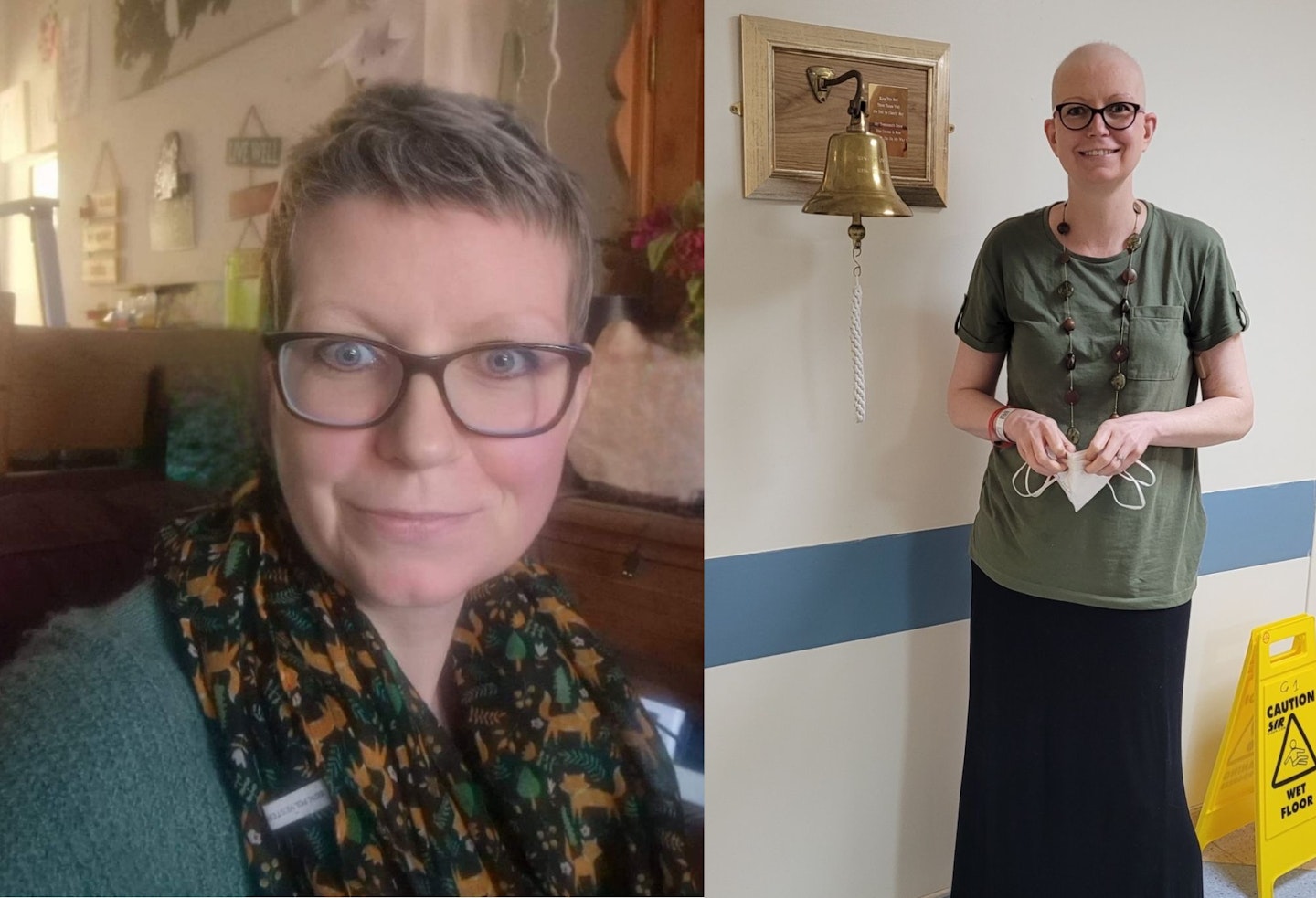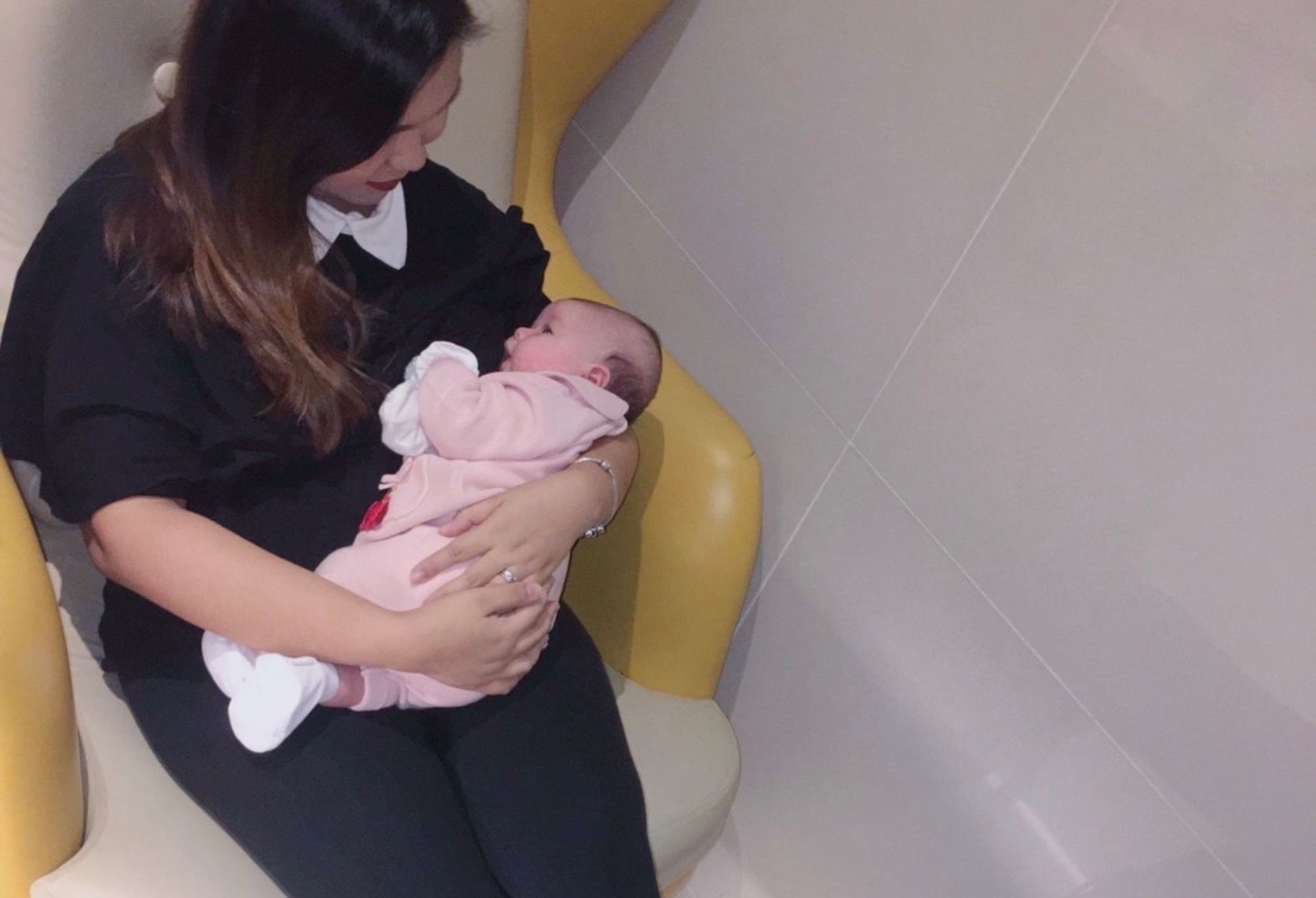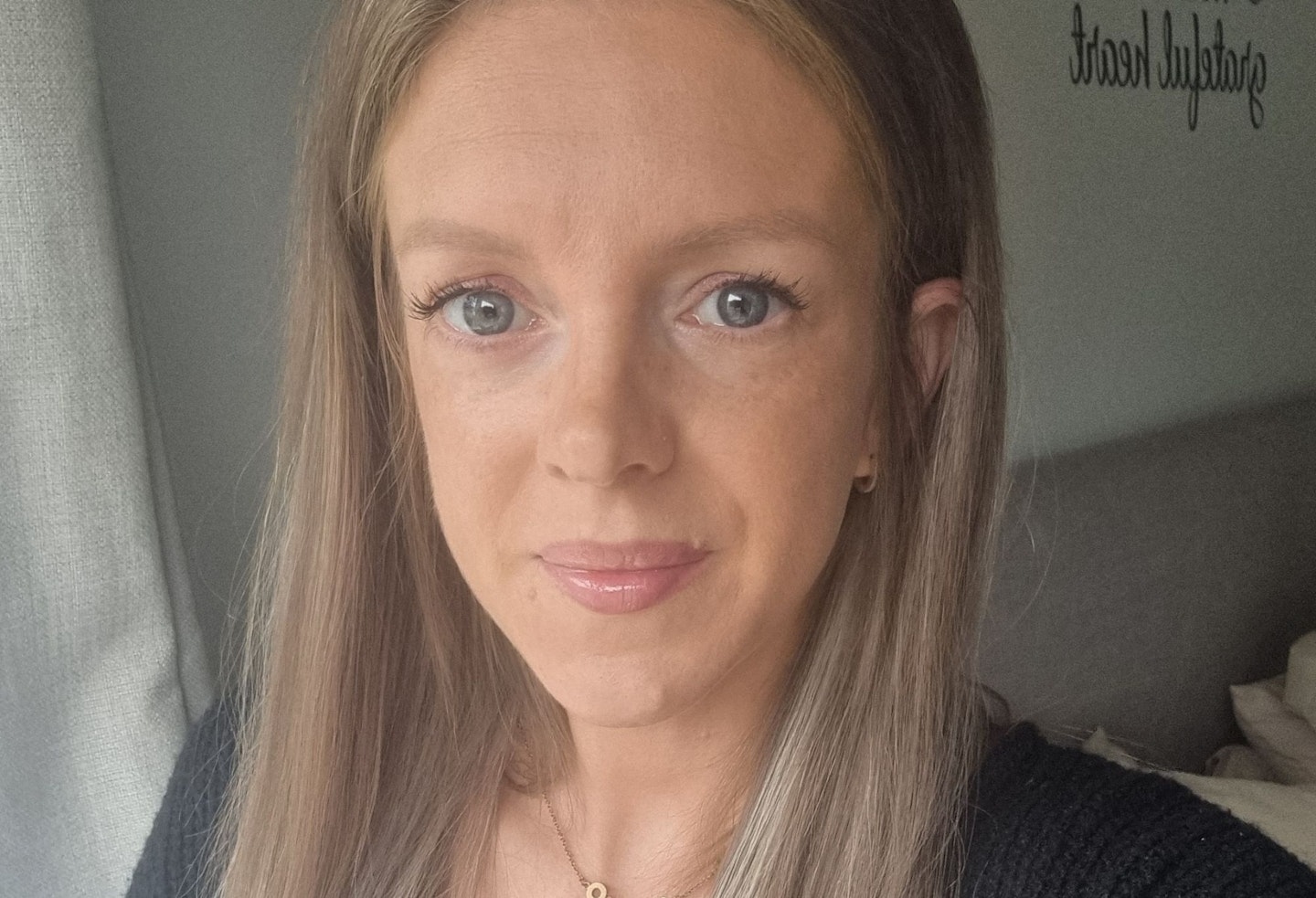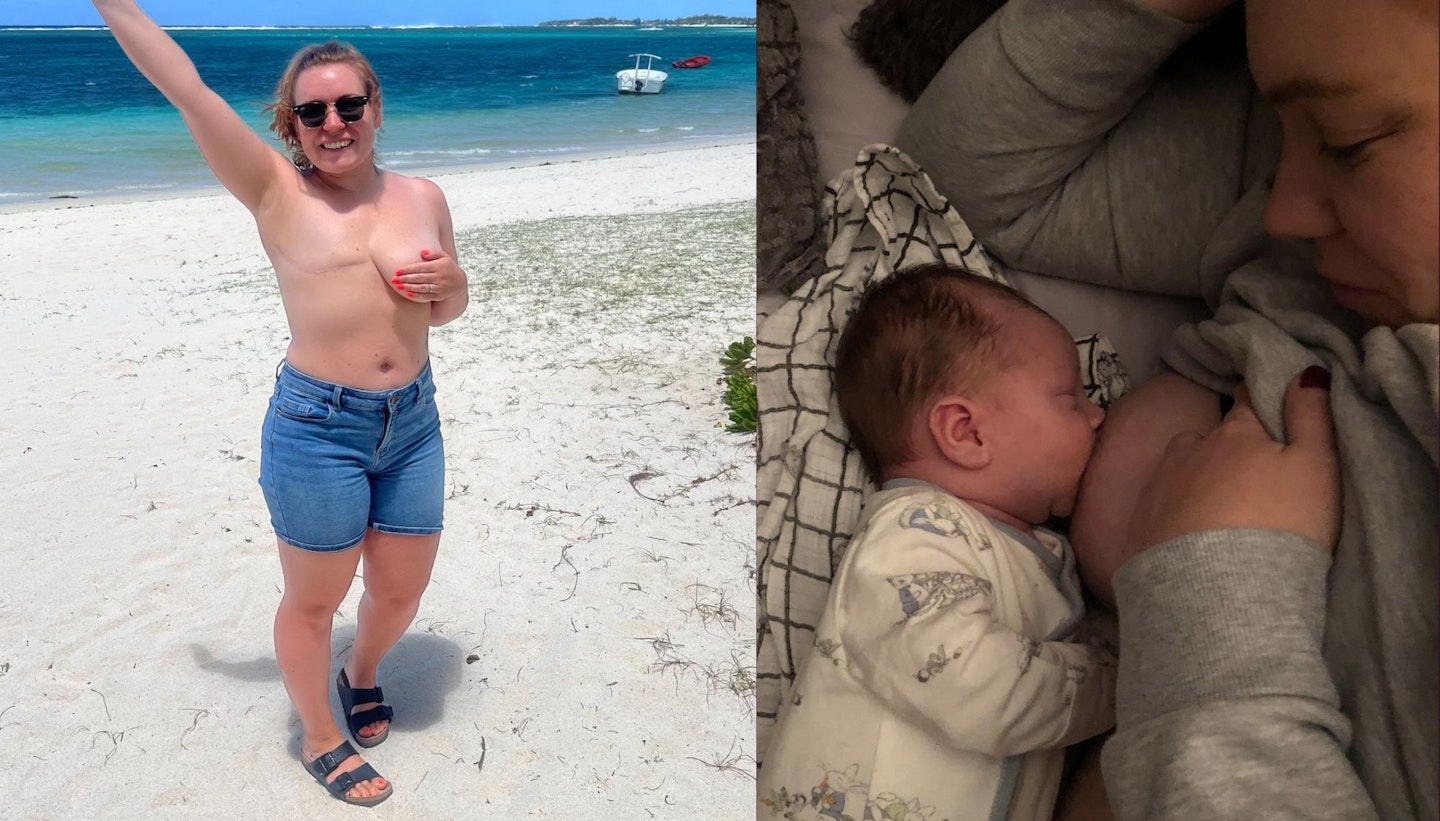Being a mother is both blissful and brutal. It’s one of the most rewarding yet challenging experiences of a lifetime. But for some mums, mothering takes on a whole new level of difficulty—especially when you’re battling breast cancer.
As we observe Breast Cancer Awareness Month, it’s important to shed light on the unique challenges faced by mothers navigating life with breast cancer.
We spoke to leading breast cancer charities, shared personal stories from real mums, and sought guidance from a lactation specialist to answer a critical question: can you still breastfeed while undergoing cancer treatment or after a mastectomy?
Breast cancer: 1 in 7
Breast cancer is the most common cancer in the world, and its impact is staggering. In the UK, one woman is diagnosed every 10 minutes, and one in seven women will develop breast cancer in their lifetime. While these numbers are daunting, it’s important to remember that at least 30% of breast cancer cases are preventable.
And an estimated 61,000 women and men are living with secondary breast cancer in the UK. This occurs when cancer spreads from the breast to other parts of the body. While secondary breast cancer is treatable, it’s considered incurable, and managing the disease is focused on enhancing quality of life for as long as possible.
Claire O'Donnell, Support & Patient Engagement Manager at Make 2nds Count, advises, "The two most important things when you get a diagnosis are to find your support network and to be your own advocate. Having people around you who understand what you’re going through because they are too, is vital."
Claire adds, "Don’t google statistics; they can be out of date and overwhelming. Instead, reach out to charities like Make 2nds Count that can provide helpful and accurate information."
Four mums share what mothering is like while battling cancer

Paula Glover, Surrey
Paula was breastfeeding her four-month-old baby when she found a lump. With a family history of breast cancer, she sought medical advice right away, though she hoped it was a blocked milk duct. When doctors suggested surgery, she had to stop breastfeeding, which was emotionally difficult.
"I had hoped to breastfeed my son for longer, but stopping felt unfair. Every time I fed him, it reminded me of what was happening."
In July 2012, Paula was diagnosed with triple-negative breast cancer and opted for a double mastectomy.
"I realised if I had another baby, I wouldn’t be able to breastfeed. It still upsets me when I see messages about the importance of breastfeeding—sometimes, it’s out of a mother’s control."
Nearly 10 years later, Paula faced a second diagnosis in December 2021 and completed treatment in 2022.
"After almost a decade cancer-free, I really thought I was in the clear. But cancer came back, and the fear of recurrence never fully disappears."

Mikka Butcher, Gloucestershire
Diagnosed at 33, Mikka had exclusively breastfed her three-year-old daughter and was heartbroken by the need to stop suddenly due to her diagnosis.
"We had such a bond from breastfeeding, and it had to stop. Seeing my daughter not understand was heartbreaking."
Family support became crucial during her treatment.
"My family helped with everything, even the small things. My advice to others: what you're feeling is valid, and don’t be afraid to ask for help."

Vicky, Cambridge
Vicky was diagnosed with breast cancer during pregnancy in 2023 after earlier breast changes were dismissed. Her diagnosis came as a shock.
"I was broken. It felt like I was grieving and I was scared for my sons. I tried to put on a brave face, but it was hard."
Stopping breastfeeding was emotionally challenging, but Vicky found support through friends and counseling.
"My advice is to let go of control—this journey is full of the unknown. Stay positive, and know that you can do it."

Claire Webb
Claire was diagnosed with breast cancer in April 2023 while trying to conceive her second child. The diagnosis came as a shock, leaving her devastated and worried about her son, Teddy.
"I was broken. I thought about how Teddy might grow up without a mum. It felt like I was grieving, and I was scared for my son’s future. I tried to put on a brave face, but it was hard."
Claire had breastfed Teddy for four months and loved the experience. However, the prospect of stopping breastfeeding was emotionally challenging. After her diagnosis, she had a single mastectomy in November 2023, and her oncologist believes she can still breastfeed with one breast, provided there is no recurrence of cancer.
“After every chemotherapy session, I came home and focused on being Mummy. That role became my refuge amid the uncertainty, and it was so precious to me."
Her journey has been full of ups and downs, but Claire remains hopeful about using the embryos they froze.
"I want to offer advice to women facing breast cancer while raising toddlers and trying to conceive. It’s overwhelming. You expect these challenges to come later in life, not in your 30s when you're just starting your family. However, I believe Teddy saved me through my diagnosis. After every chemotherapy session and scan, I returned home to simply being Mummy, and that was so precious. Teddy may never know how much he helped me in 2023, but he truly saved my life.”
Can you breastfeed during breast cancer treatment?
Breastfeeding while battling breast cancer is a deeply personal journey, and the ability to do so depends on various factors, including your specific treatment plan.
Victoria Kessell, a Clinical Nurse Specialist for Younger Women at Breast Cancer Now, explains "If diagnosed with breast cancer during or shortly after pregnancy, your treatment team will provide tailored advice about breastfeeding. Breastfeeding is usually not recommended during certain treatments, such as chemotherapy and hormone therapy. However, some women choose to express milk to maintain production, which can allow for breastfeeding once treatment is completed."
For mothers undergoing surgery or radiotherapy, breastfeeding from the unaffected breast may still be an option, depending on the specifics of the treatment.
Breastfeeding after a mastectomy: Is it possible?
Maria Myers, Pippeta’s Lactation Consultant says that breastfeeding after a mastectomy is possible, depending on the situation.
"It is entirely possible to feed a baby after having a single mastectomy. However, whether it's fully safe to breastfeed will depend largely on the further treatment required. Working closely with your oncology team and an IBCLC (International Board Certified Lactation Consultant) is crucial. They can guide you through your options, especially if you already know your treatment plan. Breastfeeding after cancer is a deeply individual experience, with outcomes depending on factors such as chemotherapy, radiation, surgeries, and other treatments. Some of these treatments may inhibit milk production or pose risks for breastfeeding.”
For example:
-
Chemotherapy: If you're undergoing chemotherapy, breastfeeding is generally not advised, as many chemotherapy drugs can pass into breast milk, which could be unsafe for the baby.
-
Radiotherapy: Radiotherapy to the breast or chest may prevent milk production from that breast, but mothers can often continue to breastfeed using the unaffected breast. However, if radiotherapy is targeted away from the chest, breastfeeding may still be possible, but always consult your cancer care team.
-
Other treatments: Targeted therapy, immunotherapy, or hormonal drugs can pass into breast milk and also make breastfeeding unsafe.
As Maria says, "Cancer is such an individual experience for everyone, and working with your oncologist team and an IBCLC will provide you with the best support and realistic goals."
Challenges breast cancer survivors face when breastfeeding
Breast cancer survivors face a range of challenges when it comes to breastfeeding, including:
-
Single or double mastectomy
-
Nipple irritation and numbness
-
Pain and discomfort
-
Fatigue and illness from treatment
-
Side effects of medication
-
Infertility due to treatment
Maria says, "These challenges vary greatly depending on the type and extent of treatment, and some mothers may find breastfeeding more difficult than others. It’s important to work with an IBCLC to discuss your specific case, set realistic goals, and create a feeding plan that works for you and your baby."
What alternatives or modifications can mothers explore if breastfeeding isn't an option after surgery or treatment?
If breastfeeding isn’t an option, there are still ways to ensure your baby receives proper nutrition and a loving connection with you. Maria shares some alternative feeding options, such as combination feeding (mixing breast milk with formula or donor milk) or SNS (Supplemental Nursing System) feeding, which can allow for closeness and bonding even when formula or donor milk is used.
Donor milk is another option to consider. If you're unable to produce enough milk or can’t breastfeed due to your treatment, donor milk can provide similar benefits. Many hospitals have access to milk banks and can help you access safe, screened donor milk. It’s important to talk to your healthcare provider about whether donor milk is right for your baby. In the UK, for instance, NHS milk banks offer pasteurised human milk from screened donors to infants who are premature or have medical conditions.
The most important thing is that there are numerous ways to bond with your baby during feeding, even if breastfeeding isn't possible. Skin-to-skin contact, holding your baby close, and responding to their cues during bottle feeding are all meaningful ways to foster a strong connection. If you’re interested in learning more, you can read about bonding with your baby in this article.
No matter how you feed your baby, it’s important to remember Maria's encouraging words: "Celebrate that you have fought hard and are here to hold your baby, regardless of how you feed. You are so strong and so loved."
What types of support are most beneficial for new mothers or mums-to-be who have survived breast cancer and wish to feed their babies?
Whether breastfeeding, combination feeding, or using formula, breast cancer survivors can benefit greatly from emotional and physical support.
Joining a support group or community of parents who have been through similar experiences can make a huge difference in helping you feel less isolated. Maria says, "Groups like CoppaFeel! and Macmillan provide invaluable support to those affected by breast cancer, offering guidance, comfort, and practical advice."
Hiring an IBCLC is another excellent option. These lactation professionals can help tailor a feeding plan specific to your needs and provide emotional support as you navigate this journey.
Support resources for breastfeeding mothers
Breast Cancer Now also provides a range of resources to support mothers navigating breastfeeding after a cancer diagnosis. These include:
-
Someone Like Me: A peer support service that connects women with trained volunteers who share similar experiences.
-
Expert Nurses: Call 0808 800 6000 for guidance on breastfeeding during or after treatment.
-
Information Booklet: Breast Cancer During and One Year After Pregnancy.
Other organisations offering specialised support for breastfeeding mothers include:
-
La Leche League GB: Offers friendly breastfeeding support from pregnancy onward.
-
The Breastfeeding Network: Provides independent breastfeeding information and support.

You are not alone
Breastfeeding while navigating breast cancer can feel overwhelming, but you’re not alone. There are resources and support systems available to help guide you through this journey. Reach out to healthcare professionals, join support groups, and connect with other mothers who understand your experience. Together, you can face this challenge with strength and resilience.
Breast self-exam for breast awareness
Breast cancer is one of the most common cancers affecting women, and while survival rates are improving, early detection is key. It's important to regularly check your breasts for any unusual changes. Symptoms to look out for include:
-
A lump or area of thickened breast tissue
-
Changes in the size or shape of one or both breasts
-
A rash or change in the appearance of your nipple
-
Discharge from one or both nipples
If you notice any of these symptoms, contact your doctor right away. For more detailed instructions on how to check your breasts and what to look for, you can read How to check your breasts.
About the experts
Maria Myers is a highly qualified antenatal teacher, doula, and in-house lactation consultant at Pippeta. As an international board-certified lactation consultant (IBCLC), she has extensive experience in infant feeding support.
Claire O'Donnell is the Support and Patient Engagement Manager at Make 2nds Count, a charity dedicated to supporting those affected by secondary breast cancer.
Victoria Kessell is a Clinical Nurse Specialist for Younger Women at Breast Cancer Now, with a special interest in supporting younger women and their families. Victoria is focused on raising awareness about the possible signs and symptoms of breast cancer in younger women, and the potential difficulties healthcare professionals face in confirming a diagnosis.
About the author
Anne Lora Scagliusi is a Senior Digital Writer at Mother & Baby. She is a Scotland-based journalist with over a decade of international writing experience, specialising in women’s health, maternal mental health, and wellness. Her work has been featured in Vanity Fair, Marie Claire, and Glamour and has appeared on several Vogue global editions. She is mum to a one-year-old bambino and lives between Italy and the UK.
